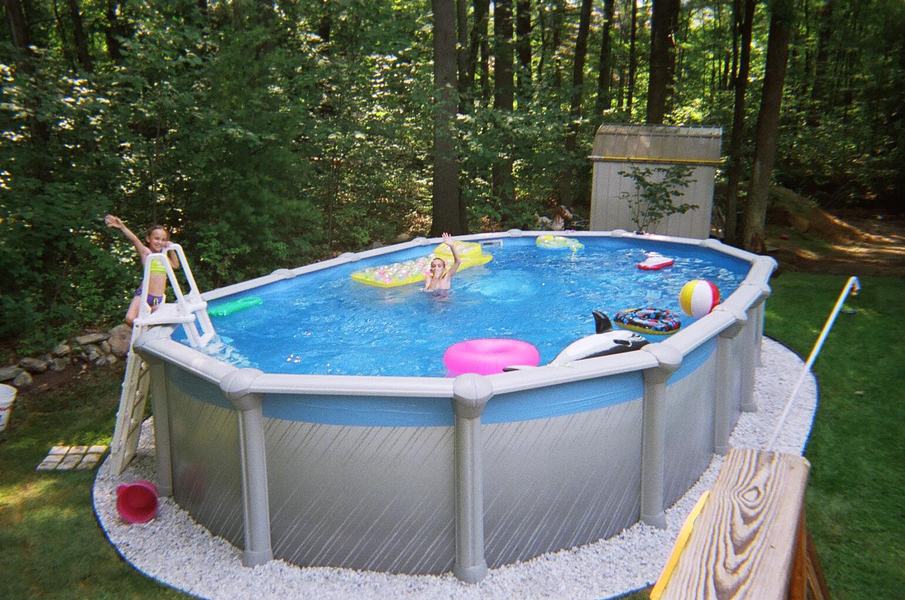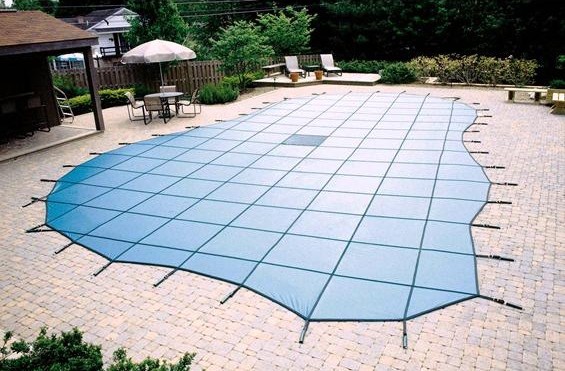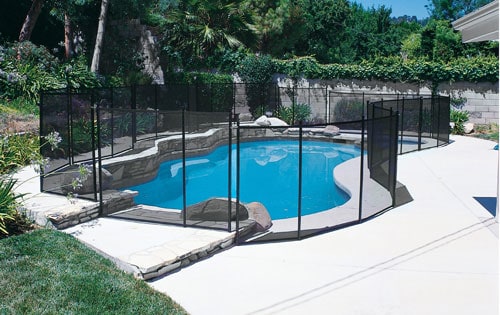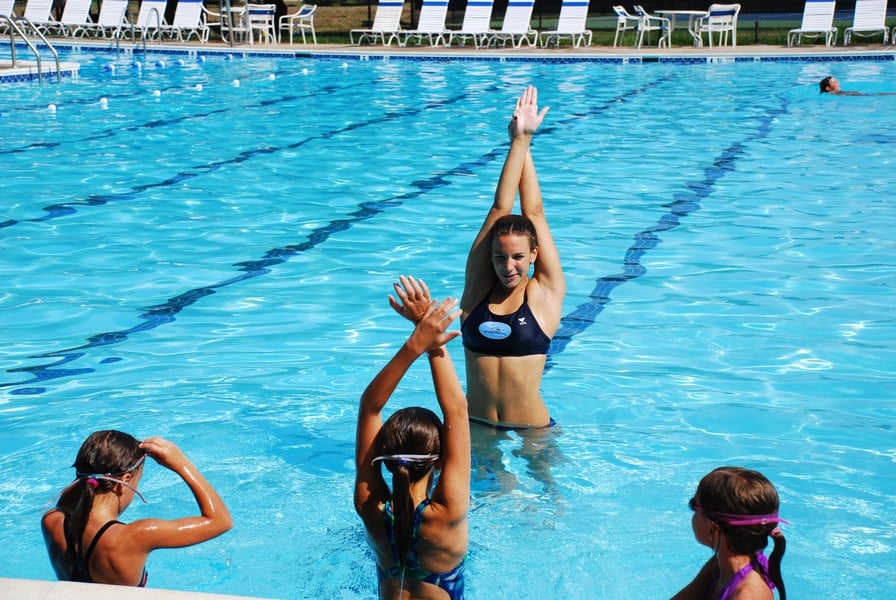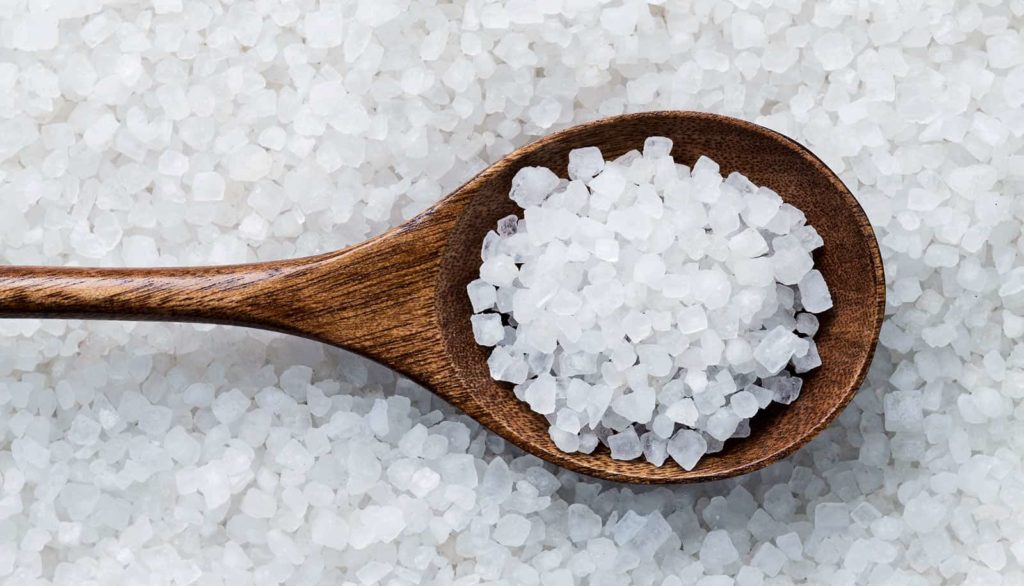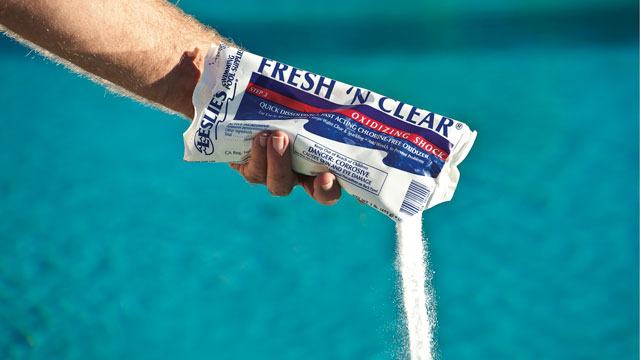Above ground pools have their own unique safety concerns. They may not be as easy to trip into as in-ground pools, but that doesn’t make them any safer to have in your yard. Before you incur a disaster this summer, prepare your yard, your family, and your mind to stay safe around the pool. Here are some quick tips to get you started.
Inspect the Ground before Installation
Some homeowners will simply put their pool in place right before the summer hits without checking out the ground first. A basic is the foundation of setting up an above ground pool – literally. You need to make sure the ground is fully level and clear of rocks, sticks, and other sharp objects that could poke through the lining. Not only would this destroy your pool, but it could also injure people standing in your pool. This is especially true in shallow above ground pools where most of the activities involve standing on the ground.
Make sure you inspect and level the ground properly before you put your pool down. This will protect you and your guests all summer long, and it will prevent possible damage to your pool itself.
Put Up a Barrier
You may not want to invest in a permanent pool fence for a temporary above ground pool, but that doesn’t mean you should leave your pool out in the open. If your pool is in a fenced backyard, you may still want a barrier around it to prevent children and pets from getting inside when you’re not around. If you have no fence in your yard, it is even more important for you to protect it with a barrier. If a wandering child passes through your yard and gets injured or killed in your pool, you will be held liable for it. Yes – it’s that serious of an issue.
To be on the safe side, put up a temporary pool fence to enclose your swimming pool. You can take this down with the pool at the end of the summer and get your yard back in order. Meanwhile, the fence will deter people, animals, and the like from entering your pool unattended.
Clean Your Pool Well
The algae that builds up on the bottom of an above ground pool can make it slick and dangerous to walk on. This isn’t quite as much of a problem with in-ground pools because they are usually deep enough for people to hover in. In 3-4 feet of water though, you’re going to be walking on the bottom. It’s inevitable. You need to make sure you have a clean bottom before you get in so you don’t slip around and get hurt in your pool. Doing this will also make sure that the water stays clean and safe to swim in.
If you can see your footprints in the bottom of the pool, it’s not clean. Take the time to vacuum it out and clean off the algae that develops throughout the summer. Use cleaning chemicals as needed to prevent algae from building up in the near future.

